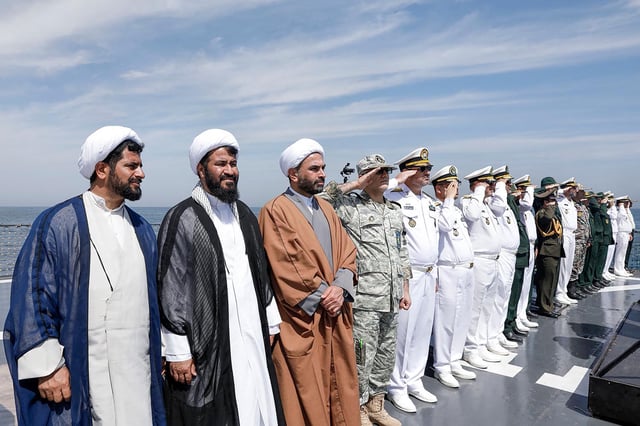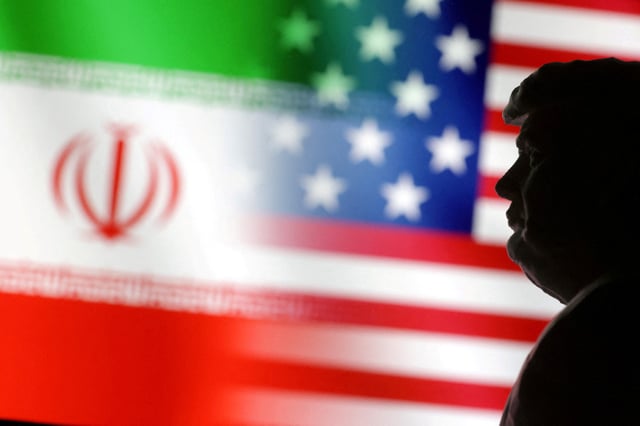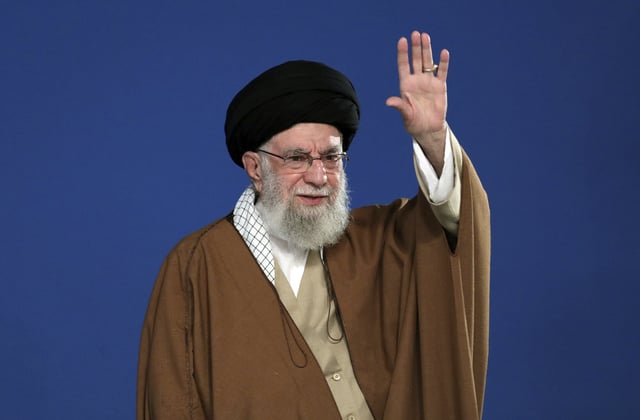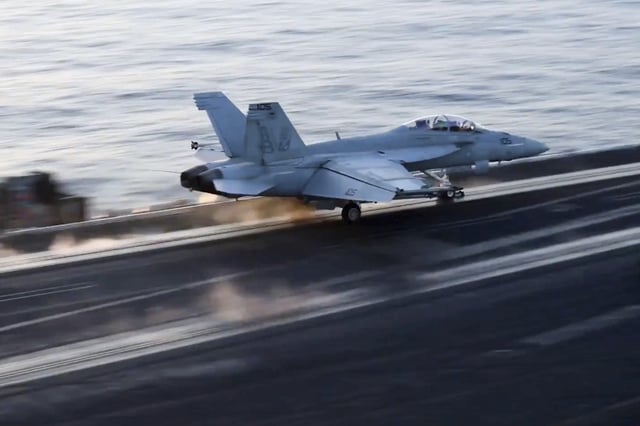Overview
- Iran has officially responded to President Trump's letter, delivered via Oman, rejecting direct negotiations under the U.S. 'maximum pressure' campaign but indicating willingness for indirect talks.
- President Trump has given Iran a two-month deadline to agree to a new nuclear deal, warning of potential military action if no agreement is reached.
- The U.S. has increased its military presence in the region, deploying B-2 bombers to Diego Garcia, signaling readiness for potential military operations.
- Iranian officials, including the Parliament Speaker, have warned of retaliatory strikes on U.S. bases and regional allies if military action is taken against Iran.
- Iran's nuclear program continues to advance, with uranium enrichment nearing weapons-grade levels, raising international concerns about nuclear proliferation.



